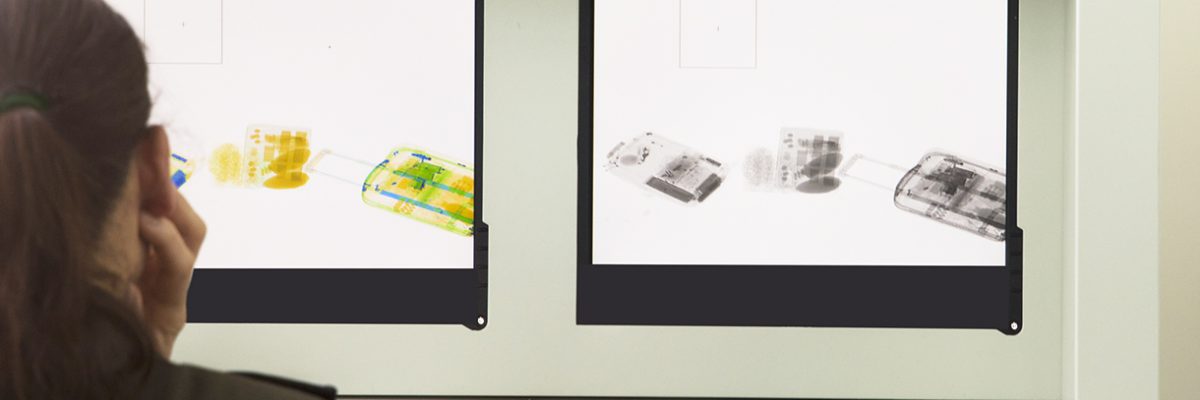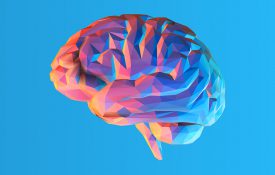
It’s a common belief that exposure to television in toddlerhood causes attention-deficit problems in school-age children—a claim that was born from the results of a 2004 study that seemed to show a link between the two. However, a further look at the evidence suggests this is not true.

While any child can become distracted in this way, a study found that the minds of children with untreated ADHD were more likely to simply go blank.

Engaging in a heated, emotional discussion with a passenger can turn into a dangerous distraction for drivers.

A study indicates that when we're distracted by something visual, we can actually miss an unrelated smell.

Standing may lead to quick thinking when taking on cognitively demanding tasks.

Multitasking impaired students' overall memory but not their ability to identify and remember the most important material.

Adults are good at remembering information they are told to focus on, while young children tend to pay attention to all the information presented, even when they were told to focus on one particular item.

Researchers hope some new findings may eventually generate guidelines to help teachers optimally design classrooms.

Research is uncovering the various and sometimes overwhelming distractions that children face during a period when they have some of their most important learning to do.

A simulation study suggests that drivers' minds wander more often when they travel on empty roads compared to busy routes.

Lotte van Dillen, of Leiden University, studies the role of affect in consumption, financial decision-making, and judgment, especially under trying circumstances.

Multiple mechanisms contribute to our ability to tune out distractions in the workplace.

Interruptions don’t only take up time and increase error rates, they also degrade the overall quality of people’s work.

Avoiding distractions – the usual advice for staying attentive – may not actually be the best answer to keeping on task, a study shows.

Cell phones and social media can help teens cope with stressful events—as long as they strike the right balance between spending time online and pursuing other coping activities.

Since emerging as a fad in the 1980s, “Baby on Board” stickers have persisted as a staple of rear windshields and bumpers on cars and minivans. According to urban legend, the death of an infant

Research shows that even when we think we’ve successfully suppressed a thought, its traces may still linger outside conscious awareness.

Using a larger dataset than all previous studies on the subject combined, researchers found a small connection between brain size and cognitive performance.

We tend to pay greater attention to incongruent objects, making us less likely to remember details about and changes to congruent objects.

Research links mindfulness meditation with everything from metacognition to cortical thickness in the brain, says APS Fellow Tania Singer. She and other psychological scientists impart the latest findings from the science of paying attention.

Research suggests that certain stimuli – specifically, your own face – can influence how you respond without you being aware of it.

Familiar voices are easier to understand and this advantage holds even if we don’t actually recognize a familiar voice, researchers find.

A panel of regulation experts explains how the capacity develops from infancy through adolescence.

Using eye-tracking technology, researchers have found that women with a history of depression tend to spend more time looking at the angry faces compared to women with no history of depression.

The degree to which other people divert your attention may depend on your social class, according to findings published in Psychological Science, a journal of the Association for Psychological Science. The research shows that people

APS is launching a Registered Replication Report project focusing on the finding that merely perceiving a number can lead to shifts in visual attention to either the left or right side of space, depending on the magnitude of the number.

Finding from a clinical study challenge the hypothesis that impaired attention might be at the root of autism symptoms.

Psychological scientists are testing new strategies to address the cognitive errors that are often associated with boredom.

It’s possible for your native language to influence not only how you perceive certain colors, but whether or not you see can see something at all.

Research suggests that in addition to making us eat more, distractions during meals may also make our food taste different.
